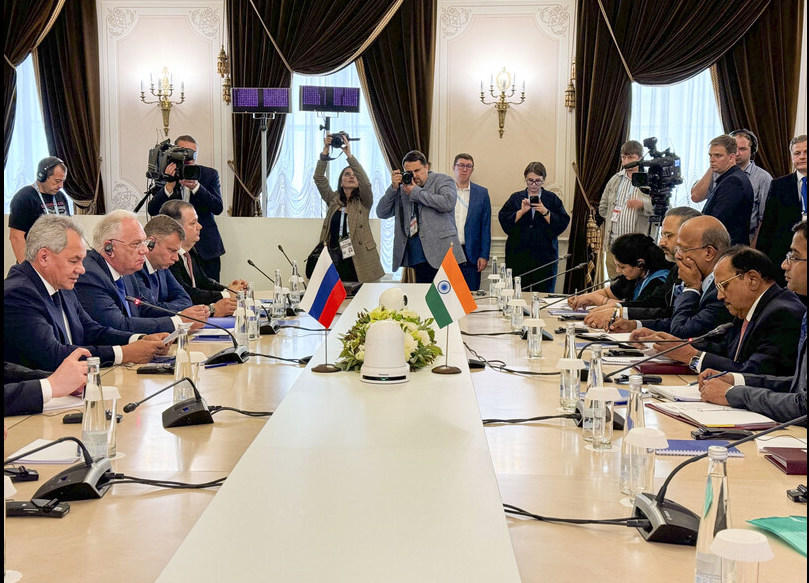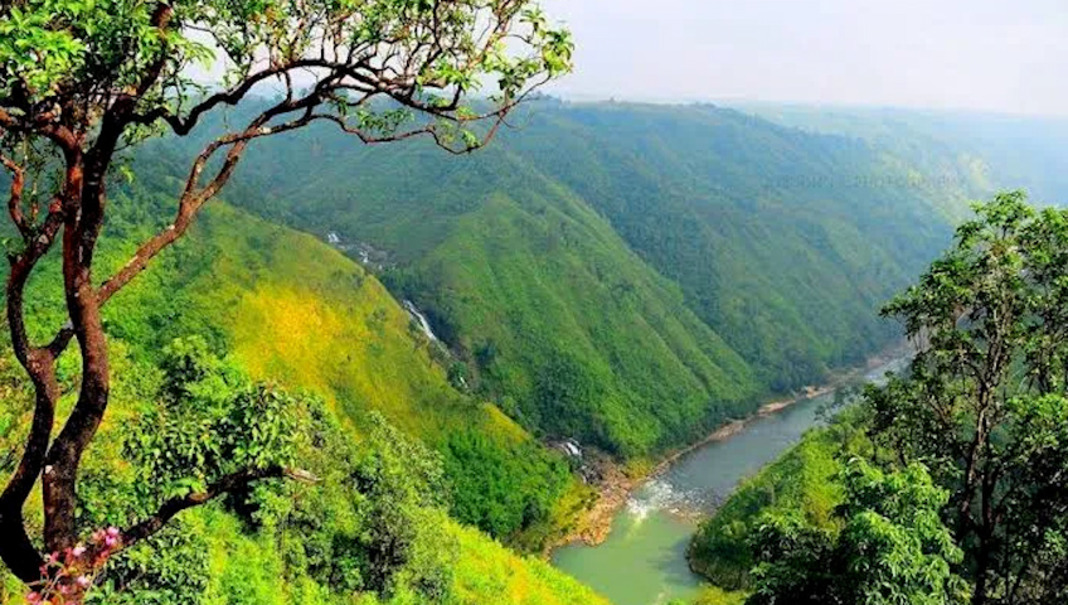New Delhi, Sept 12: Madrassas are “unsuitable” places for children to receive “proper education” and the education imparted there is “not comprehensive” and is against the provisions of the Right to Education Act, the National Commission for Protection of Child Rights (NCPCR) has told the Supreme Court.
The child rights body told the top court that children, who are not in formal schooling system, are deprived of their fundamental right to elementary education, including entitlements such as midday meal, uniform etc.
The NCPCR said madrassas merely teaching from a few NCERT books in the curriculum is a “mere guise” in the name of imparting education and does not ensure that the children are receiving formal and quality education.
“A madrassa is not only a unsuitable/unfit place to receive ‘proper’ education but also in absence of entitlements as provided under Sections 19, 21,22, 23, 24, 25, and 29 of the RTE Act,” it said.
“Further, madrassas do not only render an unsatisfactory and insufficient model for education but also have an arbitrary mode of working which is wholly in absence of a standardised curriculum and functioning,” the NCPCR said in its written submissions filed before the top court.
The child rights body stated that due to the absence of provisions of the RTE Act, 2009, the madrassas are also deprived of entitlement as in Section 21 of the Act of 2009.
“A madrassa works in an arbitrary manner and runs in an overall violation of the Constitutional mandate, RTE Act and the Juvenile Justice Act, 2015. It cannot be overlooked that a child getting education in such an Institution will be devoid of basic knowledge of school curriculum which is provided in a school.
“A school is defined under Section 2(n) of the RTE Act, 2009, which means any recognised school imparting elementary education. A madrassa being out of this definition has no right to compel children or their families to receive madrassa education,” the NCPCR said.
It said most of the madrassas fail to provide a holistic environment to students, including planning social events, or extracurricular activities for ‘experiential learning.
In a breather to about 17 lakh madrassa students, the apex court on April 5 had stayed an order of the Allahabad High Court that scrapped the Uttar Pradesh Board of Madarsa Education Act, 2004 calling it “unconstitutional” and violative of the principle of secularism.
Observing that the issues raised in the petitions merit closer reflection, a three-judge bench headed by Chief Justice D Y Chandrachud had issued notices to the Centre, the Uttar Pradesh government and others on the pleas against the high court order.
The top court said had the high court “prima facie” misconstrued the provisions of the Act, which does not provide for any religious instruction.
The high court had on March 22 declared the Uttar Pradesh Board of Madarsa Education Act, 2004, “unconstitutional” and violative of the principle of secularism, and asked the state government to accommodate students in the formal schooling system.
The high court had declared the law ultra vires on a writ petition filed by advocate Anshuman Singh Rathore.
It had said the state has “no power to create a board for religious education or to establish a board for school education only for a particular religion and philosophy associated with it.”
“We hold that the Madarsa Act, 2004, is violative of the principle of secularism, which is a part of the basic structure of the Constitution,” the high court had said.
The petitioner had challenged the constitutionality of the UP Madarsa Board as well as objected to the management of madrassas by the Minority Welfare Department instead of the education department. (PTI)




